Love is mostly a biological trick that evolution plays on you to encourage you to reproduce effectively. Those memories of your fantastic first date that are burned forever into your brain? You can blame that on the extra proteins in your bloodstream that encourage new neuron connections in your brain when you’re in love. But that’s not all…
1
You feel happier
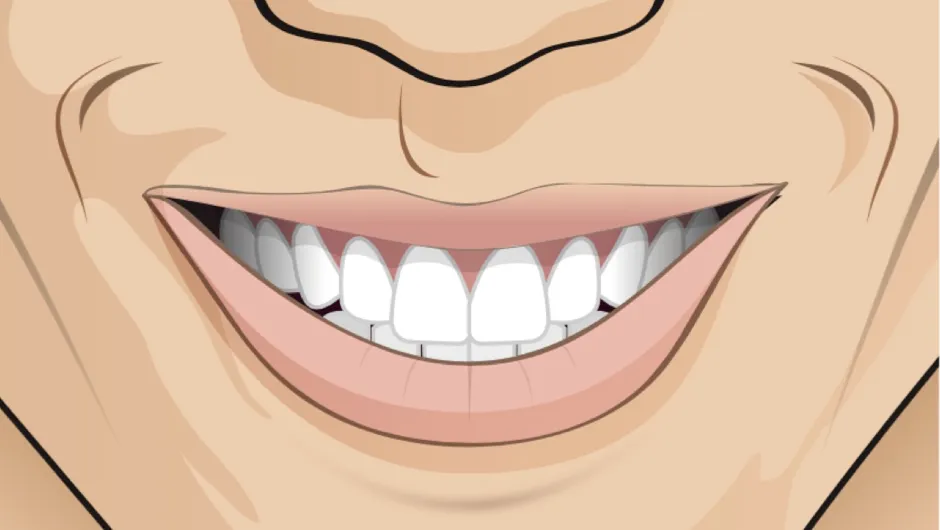
Your brain releases more of the hormones dopamine and oxytocin. These feel-good chemicals give a euphoria similar to the effects of cocaine.
2
You’re possessive
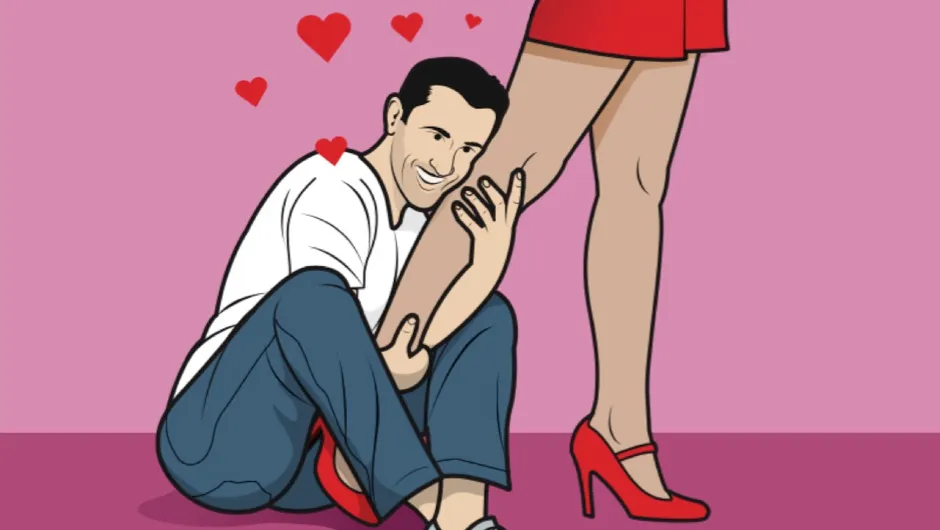
Another hormone produced by the loved-up brain is vasopressin. Studies in animals show that this chemical increases the sense of attachment and territoriality.
3
One-track mind
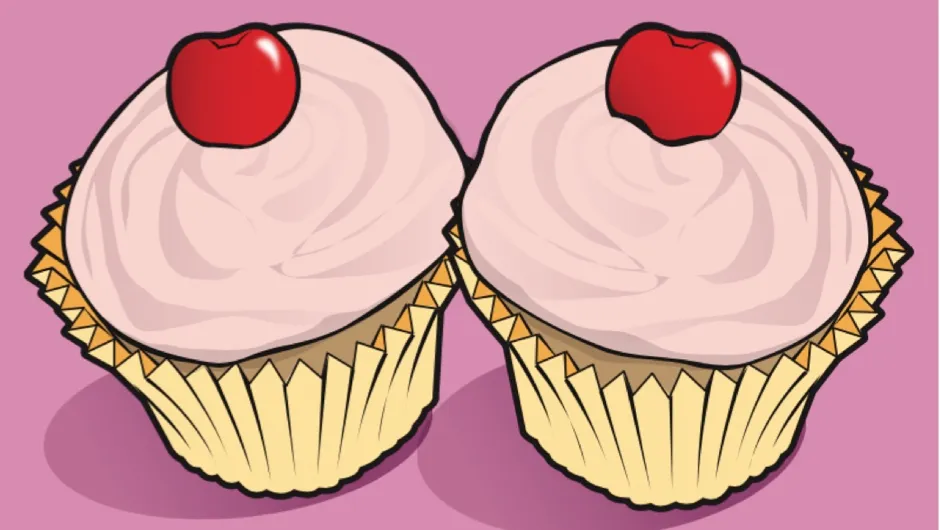
Elevated levels of adrenaline and norepinephrine hormones, coupled with lower serotonin, make you anxious and can cause a sensation of obsessive focus on your love interest.
4
Jangling nerves.

Adrenaline and norepinephrine also cause more physical symptoms of stress around your crush, including sweaty palms, a fluttering heart anda dry mouth.
5
Wide eyes
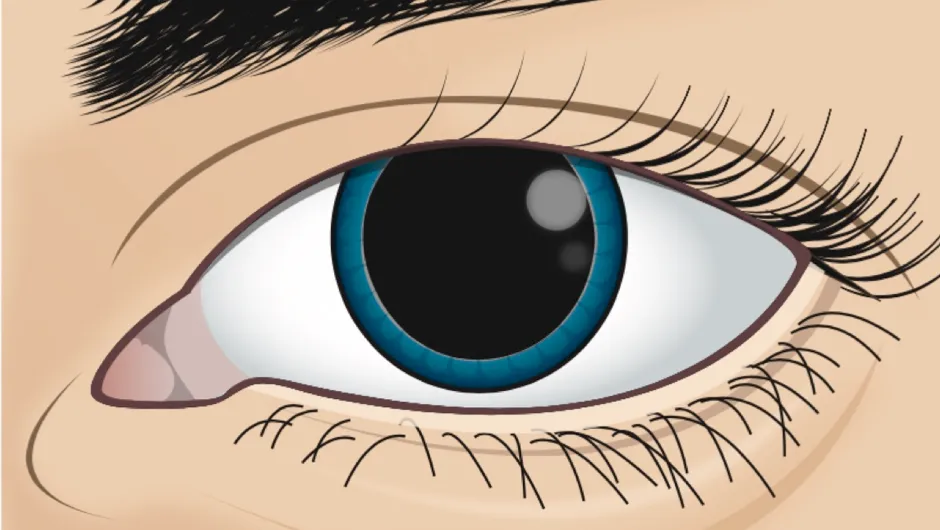
The autonomic nervous system – which regulates the body’s unconscious actions – is deeply connected to the arousal centres of your brain. When you see someone attractive, your pupils automatically dilate.
6
You feel less pain
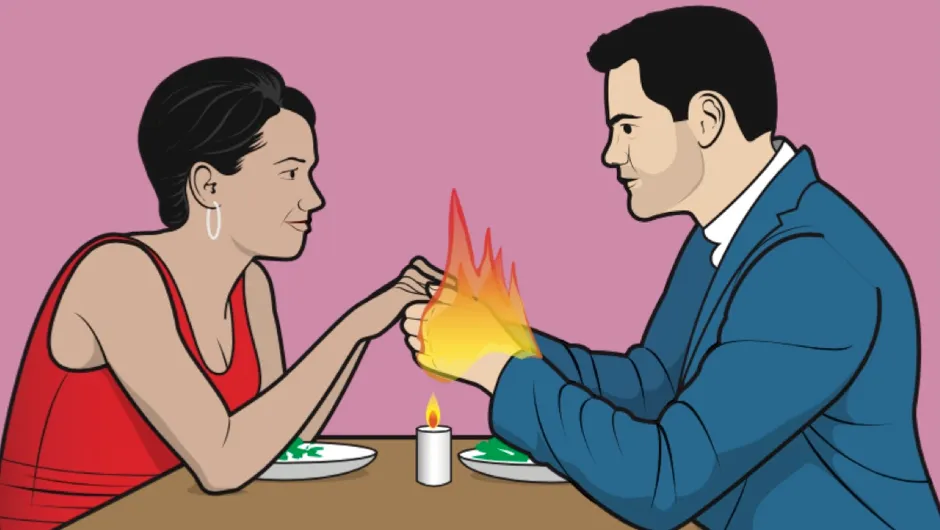
A 2010 study at Stanford University found that staring at a photo of someone you’re deeply in love with reduces moderate pain by 40 per cent.
Subscribe to BBC Focus magazine for fascinating new Q&As every month and follow @sciencefocusQA on Twitter for your daily dose of fun facts.
